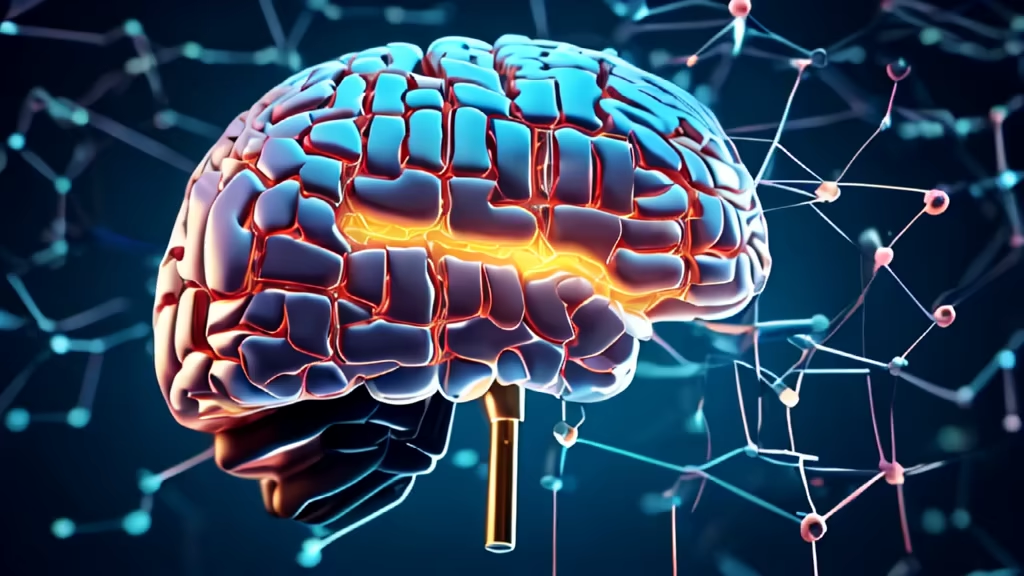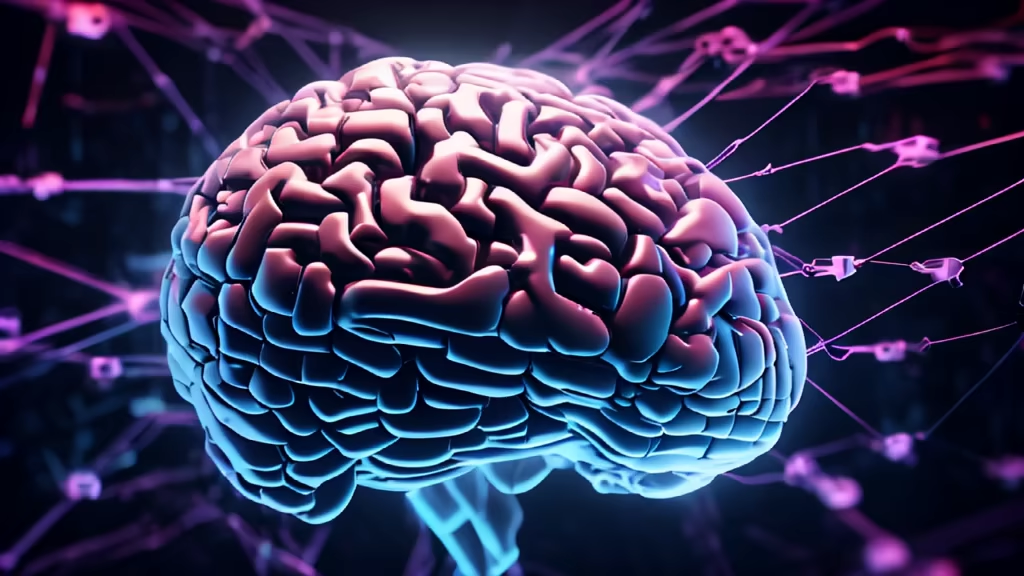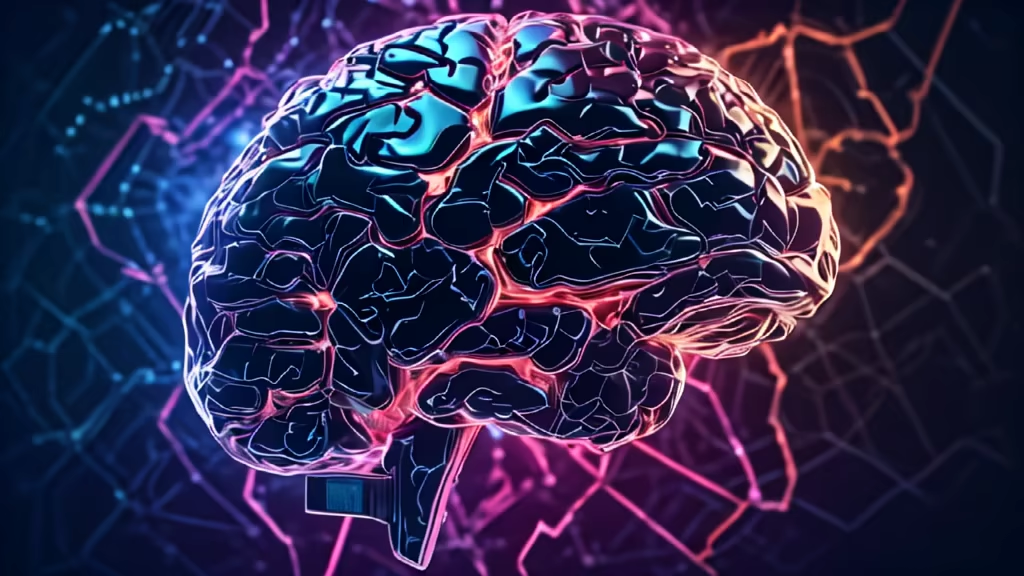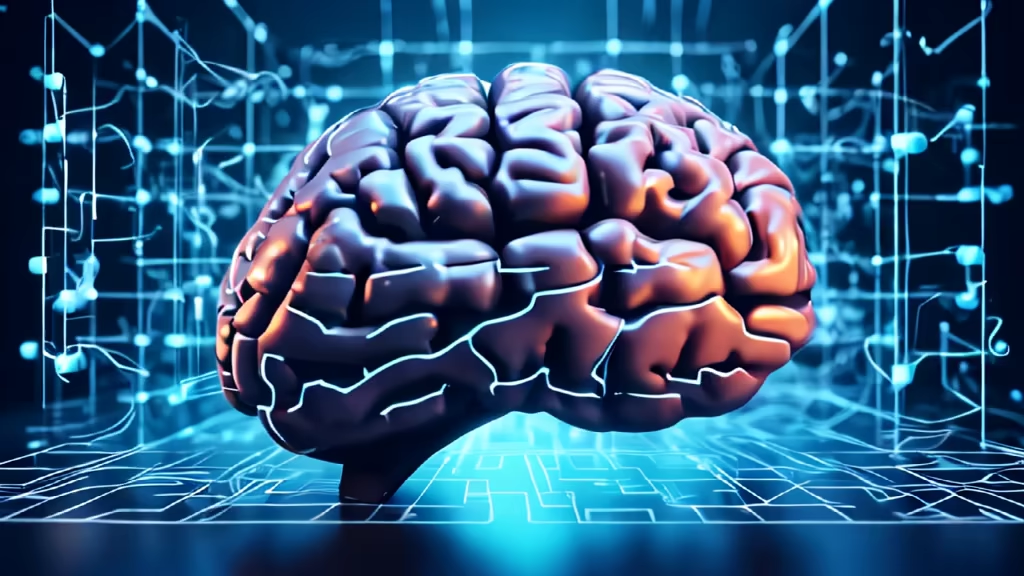Prompt: An infographic with 6 brain icons representing brain development from ages 1 to 6. At age 1, draw a small brain sized to 70% of adult brain. At age 2, draw a slightly bigger brain sized to 75% of adult brain. At age 3, draw a brain sized to 80% of adult brain. At age 4, draw a brain sized to 85% of adult brain. At age 5, draw a brain sized to 90% of adult brain. At age 6, draw a brain sized to 95% of adult brain. Show the exact percentage below each brain image. Use a clean minimalist style.
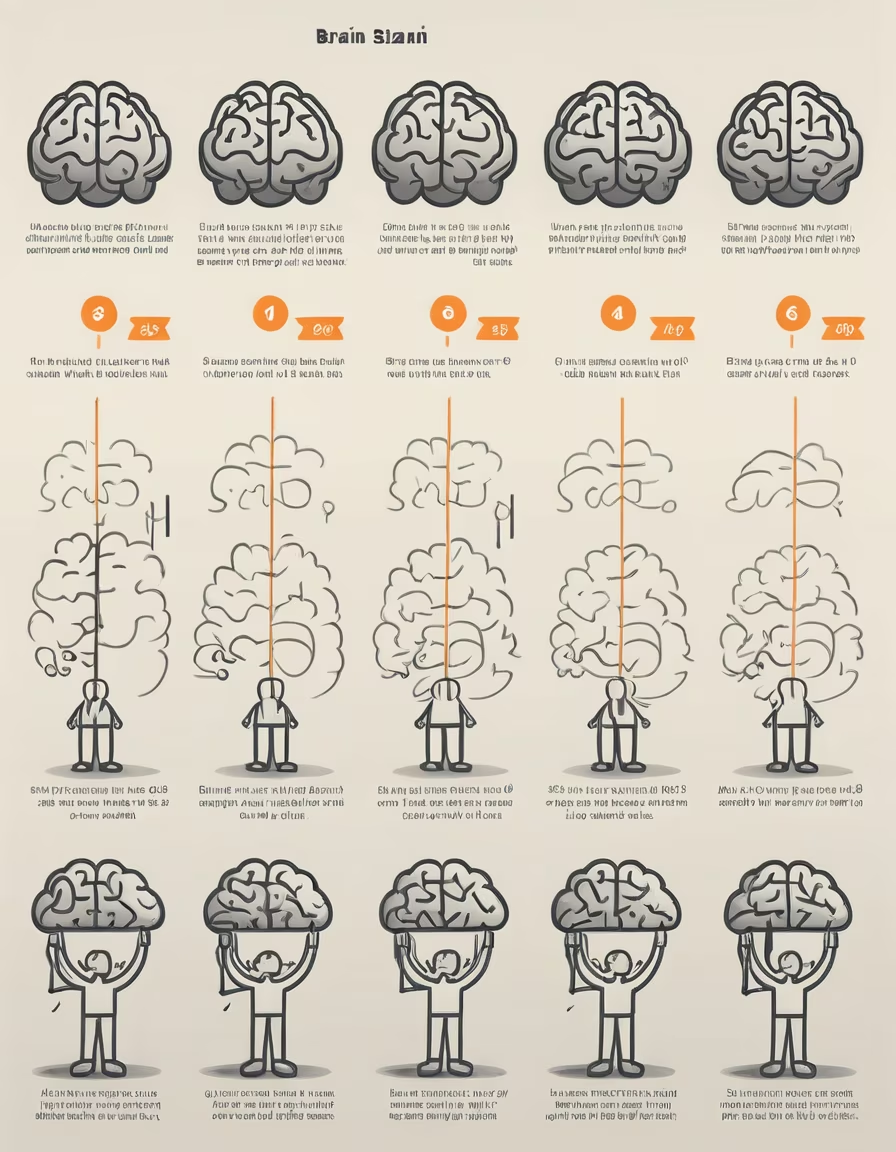







Prompt: An infographic with 5 brain icons showing accurate relative sizes representing brain development from ages 1 to 5. At age 1, draw the smallest brain sized to 25% of adult brain size. At age 2, draw a brain 2 times as large as the 1 year old brain. At age 3, draw a brain 3 times as large as the 1 year old brain. At age 4, draw a brain 3.6 times as large as the 1 year old brain. At age 5, draw the largest brain 6 times as large as the 1 year old brain. Show the percentage below each brai










Prompt: An infographic with 5 brain icons showing accurate relative sizes representing brain development from ages 1 to 5. At age 1, draw the smallest brain sized to 25% of adult brain size. At age 2, draw a brain 2 times as large as the 1 year old brain. At age 3, draw a brain 3 times as large as the 1 year old brain. At age 4, draw a brain 3.6 times as large as the 1 year old brain. At age 5, draw the largest brain 6 times as large as the 1 year old brain. Show the percentage below each brain

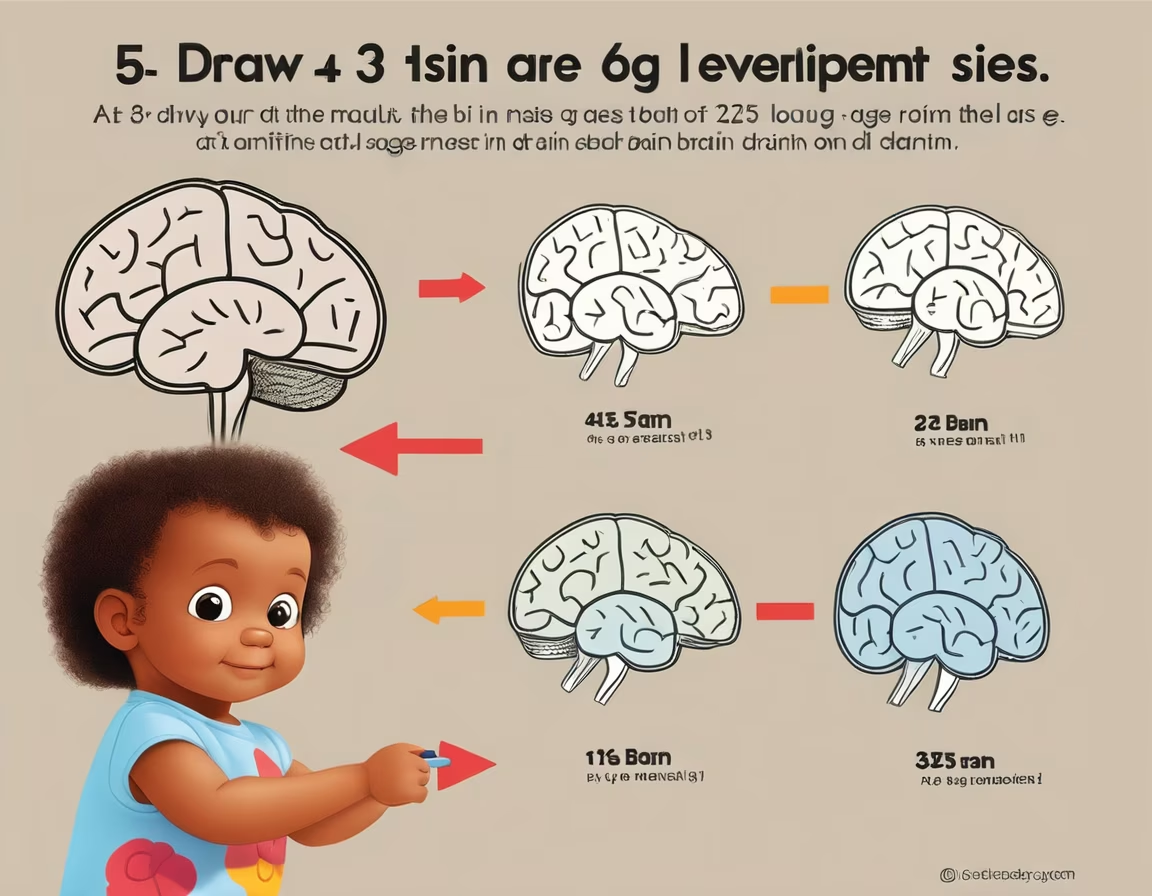
Prompt: An infographic style illustration depicting the developing child and adolescent brain from ages 1 to 8 years old. At age 1 the brain volume is shown as 70% of adult size. At age 2 it is 75% of adult size. At age 3 it is 80% of adult size. At age 4 it is 85% of adult size. At age 5 it is 90% of adult size. At age 6 it is 95% of adult size. At age 8 it has reached adult brain volume. Show this information clearly in an engaging graphic with human brain images growing in size for the different ages.\" This prompts Stable Diffusion to create an infographic that visualizes the key percentages of brain volume growth from ages 1-8, with brain images that increase in size to match the descriptions. The words \"infographic style\" and \"engaging graphic\" ask for an informative yet visually pleasing illustration.






Prompt: Certainly! Here's a description of a simplified line drawing of a profile view of the brain, including its complete structure, with labels for the following five parts: 1. Brainstem, 2. Cerebellum, 3. Limbic System, 4. Basal Ganglia, and 5. Cerebral Cortex. The background color is white, and the drawing will be created using simple lines and the stable diffusion technique. The profile view of the brain features a clean and minimalist white background. The drawing technique employed involves simple lines that outline the various structures of the brain, combined with the subtle texture of stable diffusion. Here are the labeled parts: Brainstem: The brainstem is clearly labeled, positioned at the base of the brain. It is represented by a straight vertical line, indicating its central location within the brain. Cerebellum: Adjacent to the brainstem, the cerebellum is labeled and depicted as a smaller, curved line beneath the brainstem. Its distinctive shape is captured, showcasing its role in motor coordination and balance. Limbic System: The labeled limbic system is represented by a curved line that encircles the innermost region of the brain. While simple, this line suggests the presence of the hippocampus, amygdala, and hypothalamus, which collectively form the limbic system and regulate emotions, memory, and basic physiological functions. Basal Ganglia: Another labeled component, the basal ganglia, is represented by a series of small interconnected lines near the cerebral cortex. These lines indicate the presence of the caudate nucleus, putamen, and globus pallidus, which form the basal ganglia and play a role in motor control. Cerebral Cortex: The labeled cerebral cortex is depicted with a series of wavy lines that cover the upper portion of the brain. These lines represent the outer layer of the brain and suggest the presence of the frontal, parietal, temporal, and occipital lobes, which constitute the cerebral cortex responsible for higher cognitive functions. By utilizing simple lines and the stable diffusion technique, this profile view drawing of the brain with labeled parts on a white background offers a minimalist representation of the brain's structure.






Prompt: 2024 plan for kids, 1.brush teeth, 2.do exercises,3.goto school, 4.study,4 panels comic,simple
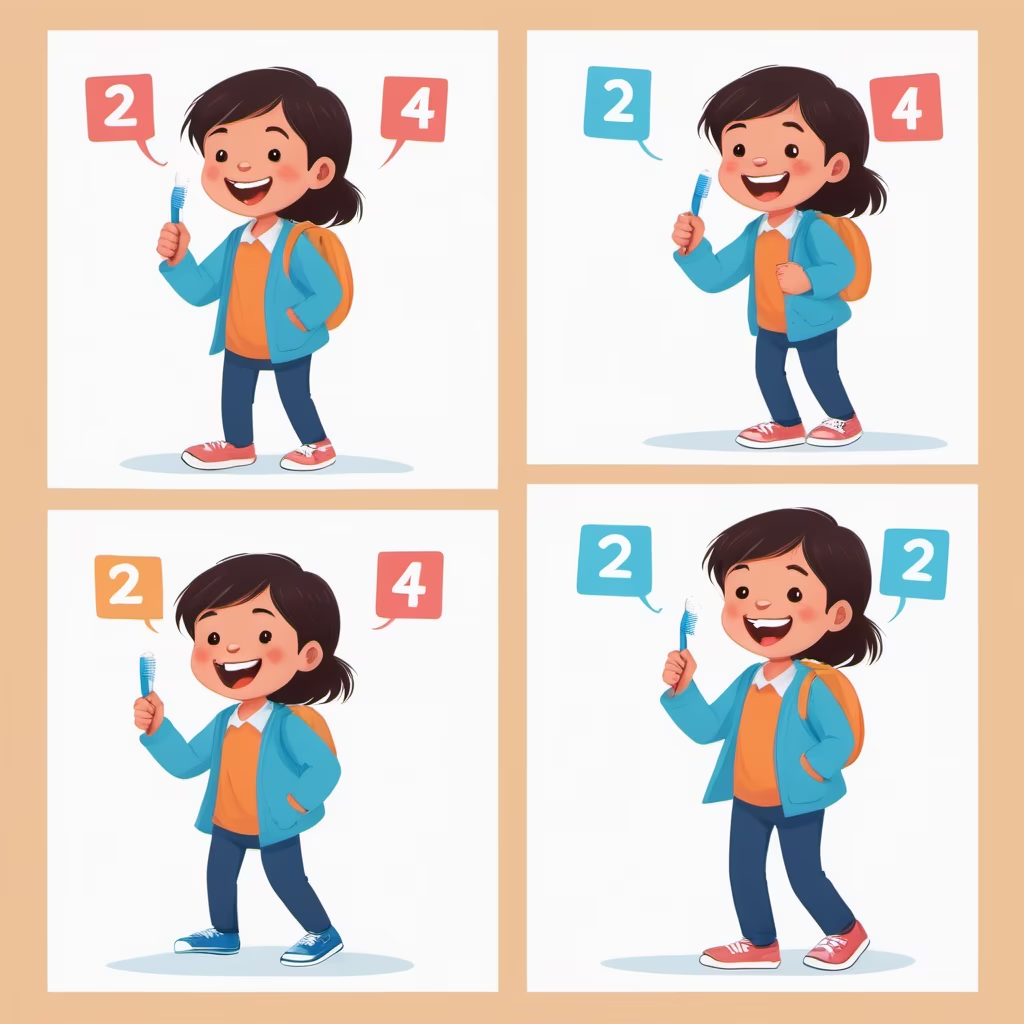

Prompt: Here's a description of a profile view of the brain, including its complete structure, with labels for the following five parts: 1. Brainstem, 2. Cerebellum, 3. Limbic System, 4. Basal Ganglia, and 5. Cerebral Cortex. The background color is white, and the painting technique used is stable diffusion. The profile view of the brain showcases its remarkable structure, painted using stable diffusion on a pristine white background. Let's explore the labeled parts in detail: Brainstem: Positioned at the base of the brain, the brainstem is prominently labeled. It comprises the medulla oblongata, pons, and midbrain. These vital structures regulate essential functions such as breathing, heart rate, and consciousness. Cerebellum: Adjacent to the brainstem, the cerebellum is labeled and stands out with its distinctive texture and shape. This structure is responsible for coordinating movement, balance, and posture. Its intricate folds and lobes add depth and visual interest to the artwork. Limbic System: The labeled limbic system is located deep within the brain. It includes several structures, such as the hippocampus, amygdala, and hypothalamus. This system is associated with emotions, memory, and the regulation of basic physiological functions. Basal Ganglia: Another labeled component of the brain is the basal ganglia, situated at the base of the cerebral cortex. It comprises several interconnected nuclei, including the caudate nucleus, putamen, and globus pallidus. The basal ganglia plays a crucial role in motor control and the coordination of movement. Cerebral Cortex: The labeled cerebral cortex covers the outermost layer of the brain and is responsible for higher cognitive functions. It is divided into distinct lobes, including the frontal, parietal, temporal, and occipital lobes. The cerebral cortex is intricately folded, showcasing its vast surface area.




Prompt: Keywords for your AI drawing: 1. Nurse 2. Smiling 3. Chubby toddler 4. Inserting IV 5. Crying 6. Grandmother 7. Scolding 8. Chinese nurse 9. Pink nurse uniform






Prompt: Title: Blank Autobiographical Mind MapDescription: I'd like to create a mind map representing various stages of my life, but without text. I want the map divided into sections for each significant period, from childhood to adulthood. Use icons, shapes, and colors to illustrate important themes such as education, relationships, professional experiences, etc. Leave each section blank for me to fill in the details later

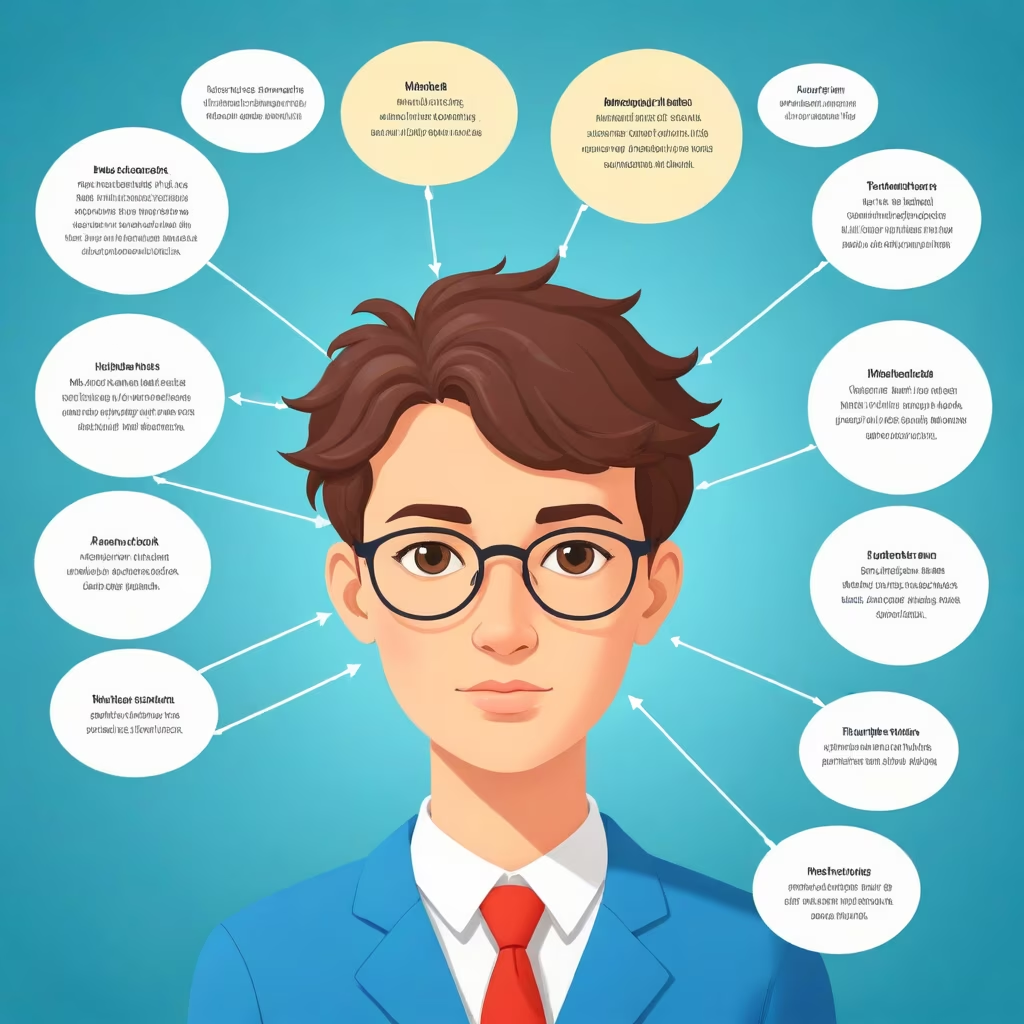



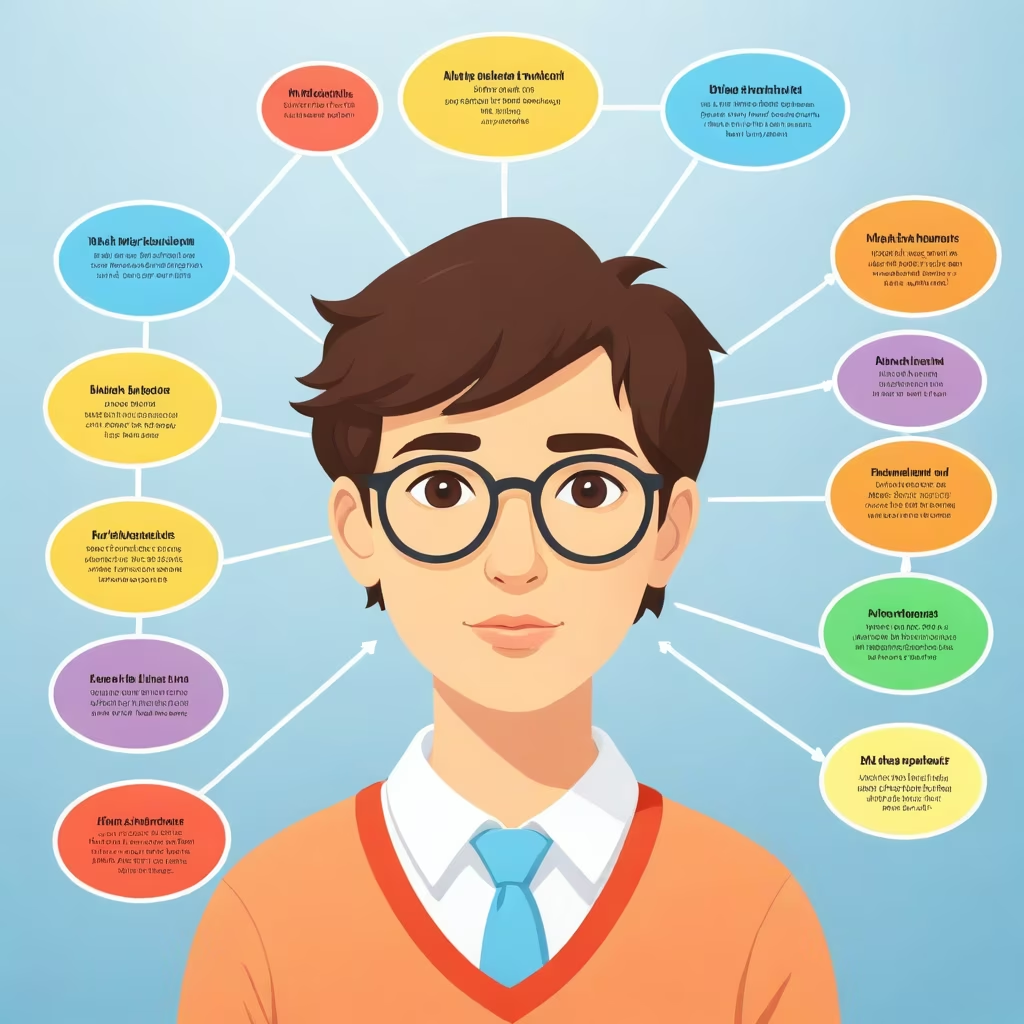




Prompt: The side profile of a person's head, a simple drawing, does not need to reflect the details of the facial features, only the outer outline and white strokes. The shape of the brain is a complete pickleball, which does not overlap with the edge of the avatar. The pickleball is orange and round, with 6-7 small holes on it and a white outline. Pictures, HD
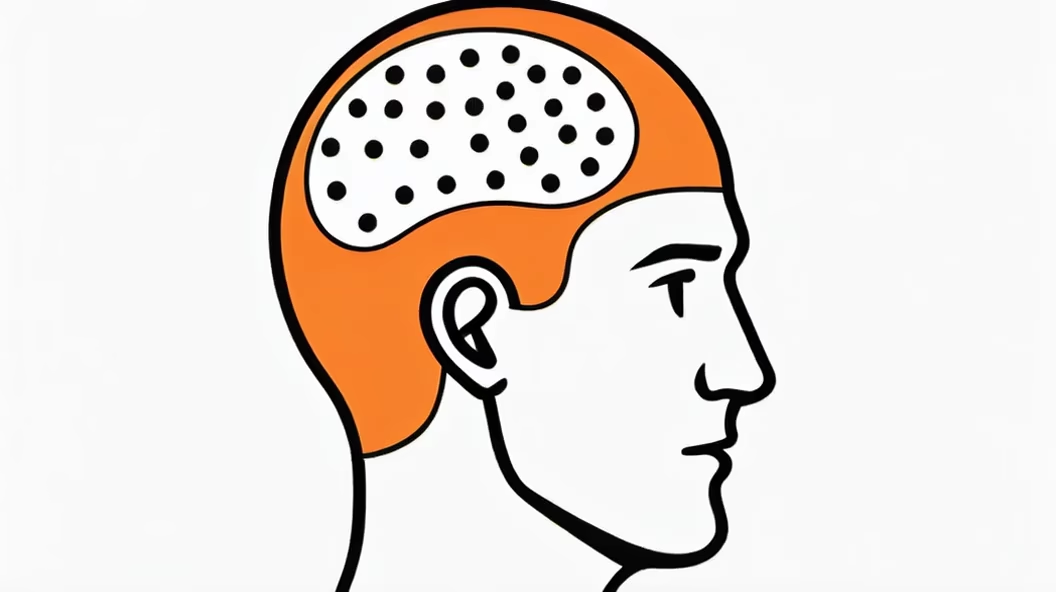
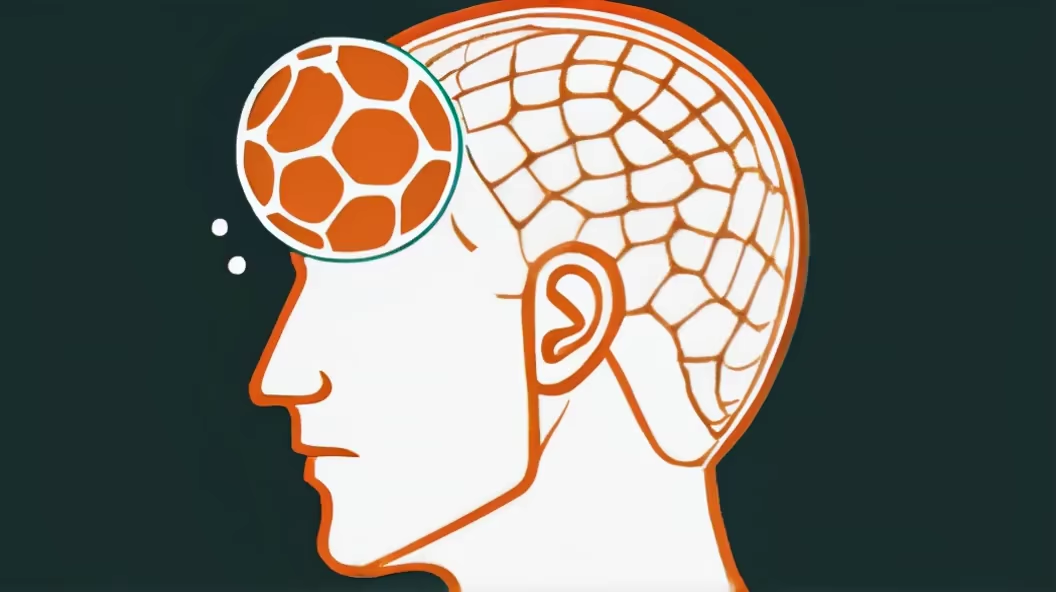
Prompt: a 3 by 4 puzzle with small animals in the background, missing the third in the first row, and the second in the third row, and four puzzle pieces on the right side, two of them matching the missing ones and two of them being distractors


Prompt: Draw a group of small game icons on the top of the male character's head, such as little monsters, gold coins, scores, etc.; draw text bubbles on the top of the female character's head, which contain poems, quotation marks, and the outline of a book.
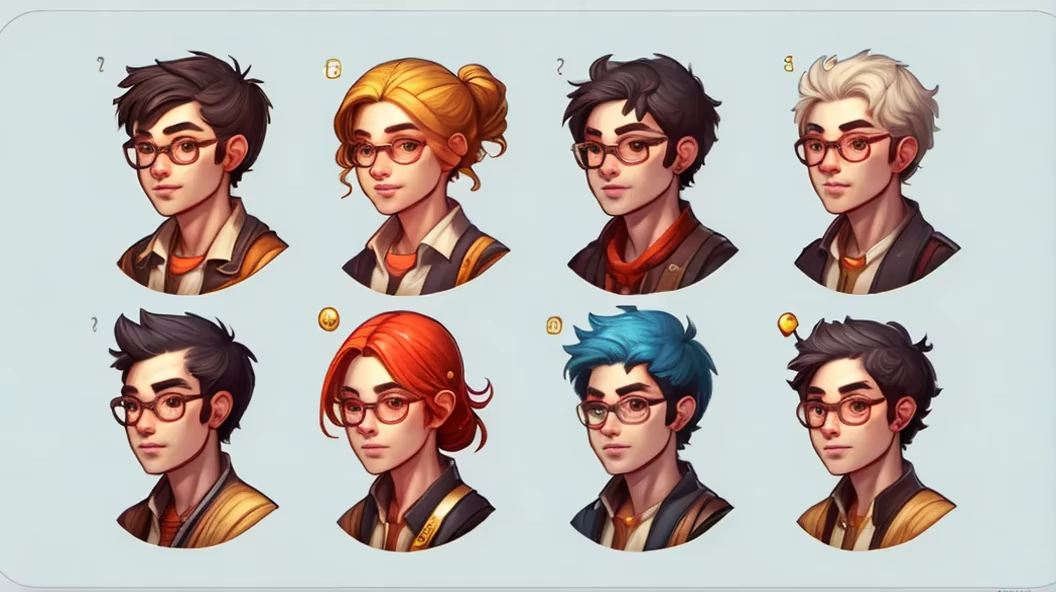
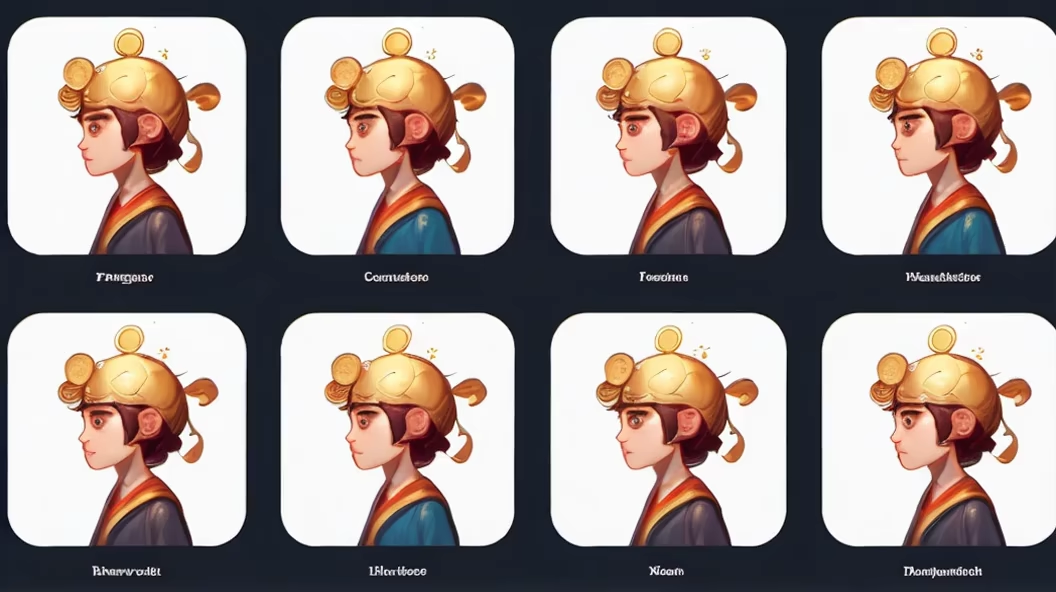


Prompt: The side profile of a person's head, a simple drawing, without details of the facial features, only the outer outline, with white strokes. The shape of the brain is a complete pickleball, which does not overlap with the edge of the avatar. The pickleball is orange and round, with 6-7 small holes on it and a white outline. Pictures, HD
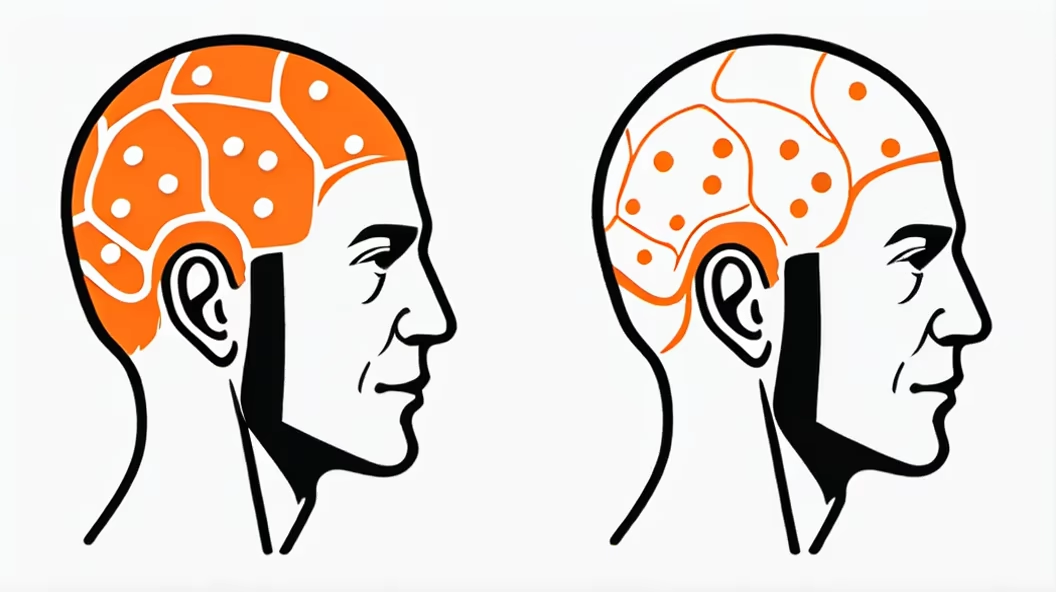
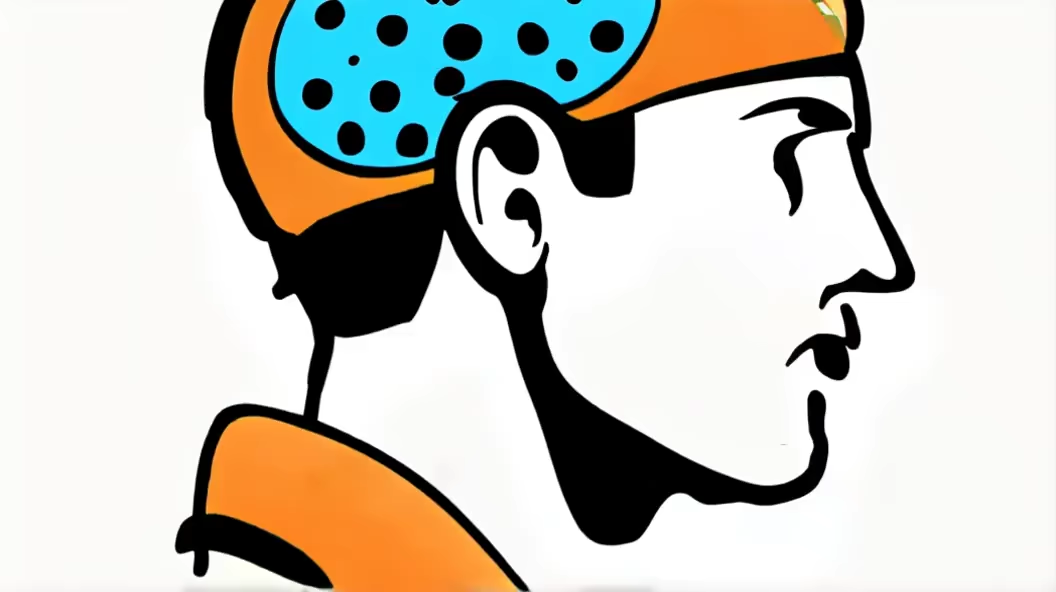

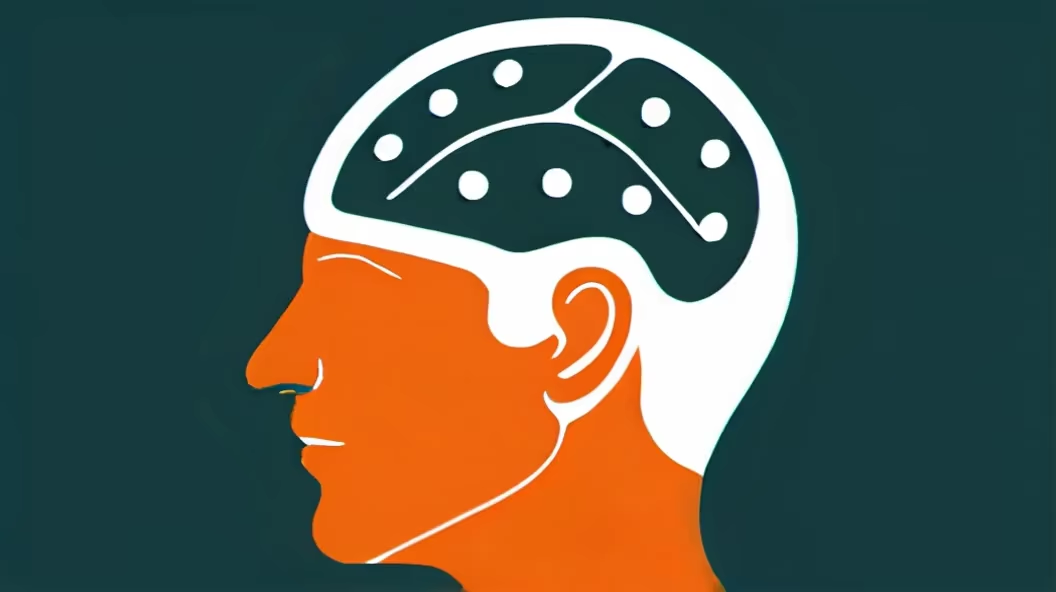
Prompt: A poster reflecting the development of the company's talent, introducing six learning programs, and also reflecting a mobile learning platform, and a learning place, in a minimalist style.

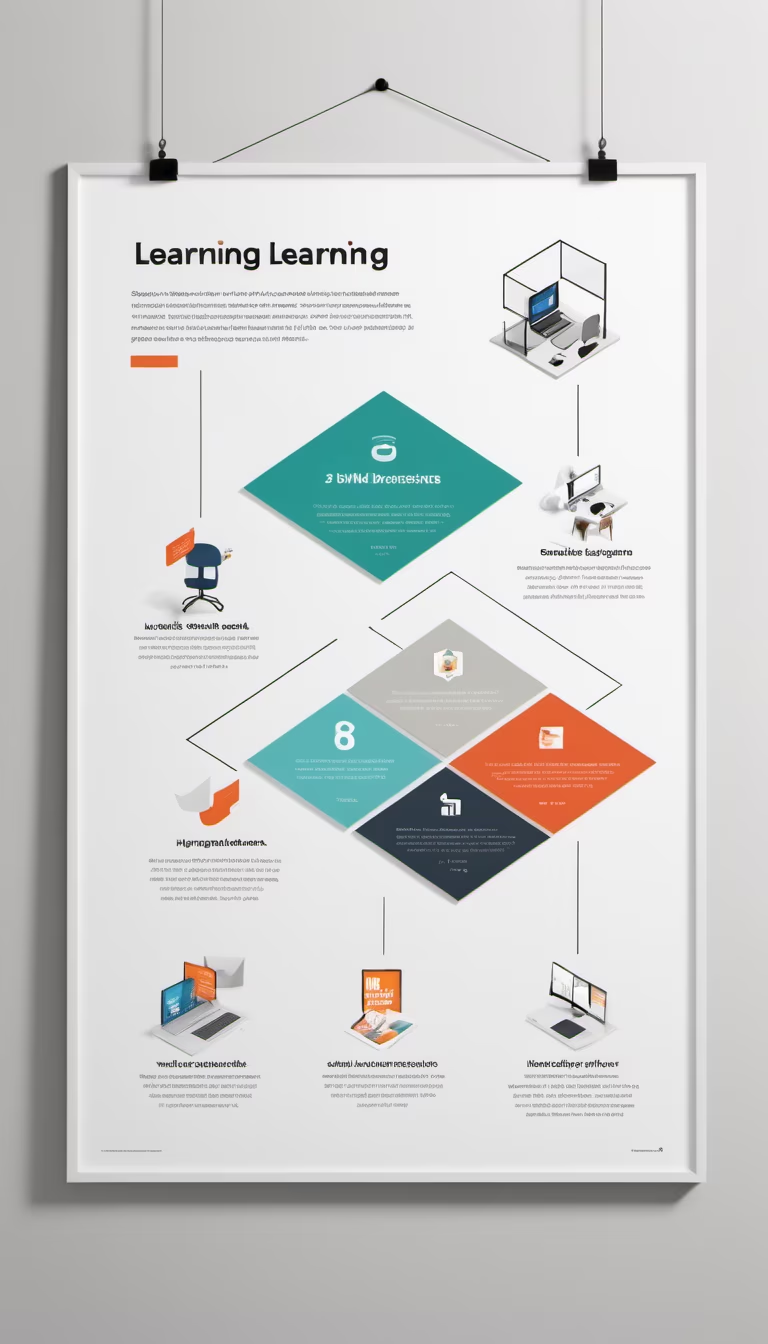
Prompt: Draws a webpage first, the web page has five widgets, label each of them as 1, 2, 3, 4 and 5. Connect each widget with another box each, label them as micro service, add one icon of API gateway on each of these micro service boxes. Connect each micro service with a NoSQL database icon and label them as database. Draw this as a software architecture diagram, 2d, consider all icons are AWS icons.


Prompt: Year:1962. Formal portrait. High detail, Canon EOS DSLR photograph. UHD, 8K resolution, sharp focus, full color, intimate, intricately detailed and extreme close up facial portrait of a fashionable age 29 wife in 1962, showcasing her generously and profusely highlighted blonde hair. She coyly smirks at the camera. Her very thick, softly textured hair fills the viewing screen and is delicately styled in a very large, loose, very tall, very lofty, very highly voluminous bouffant. She has subtle, elegant makeup. Solid, light colored background. Accurate 1962 styling.
Negative: (earrings: 1.6) jewelry, hair beyond camera view, cropped hair, tiara, orange colors, black and white image, nudity, NSFW,
Style: Photographic






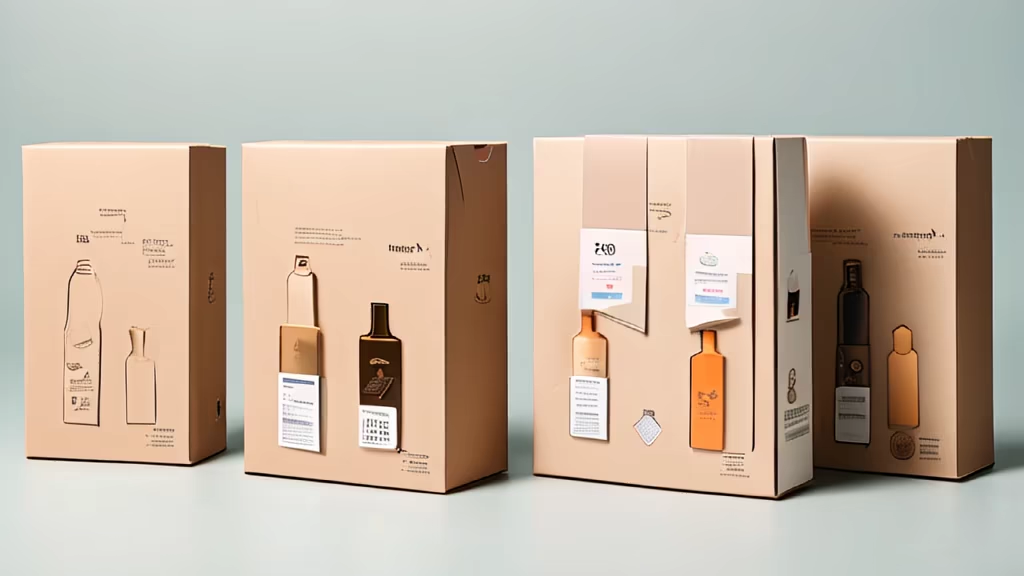
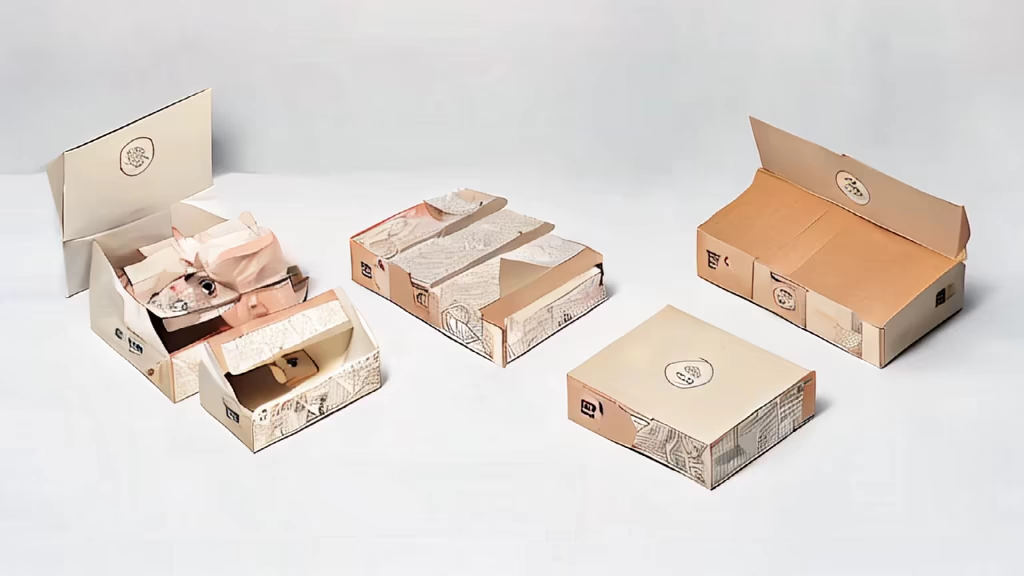
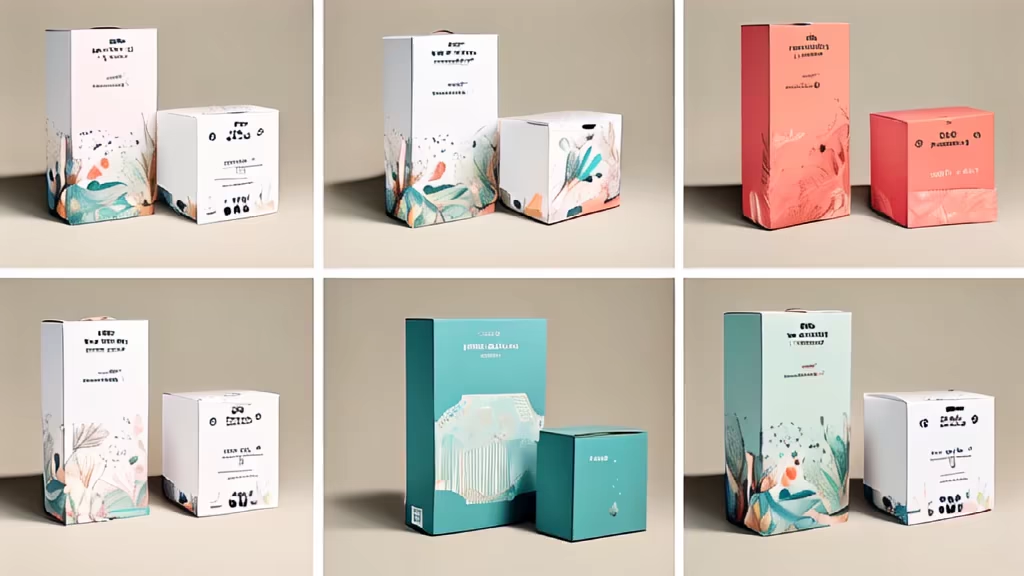
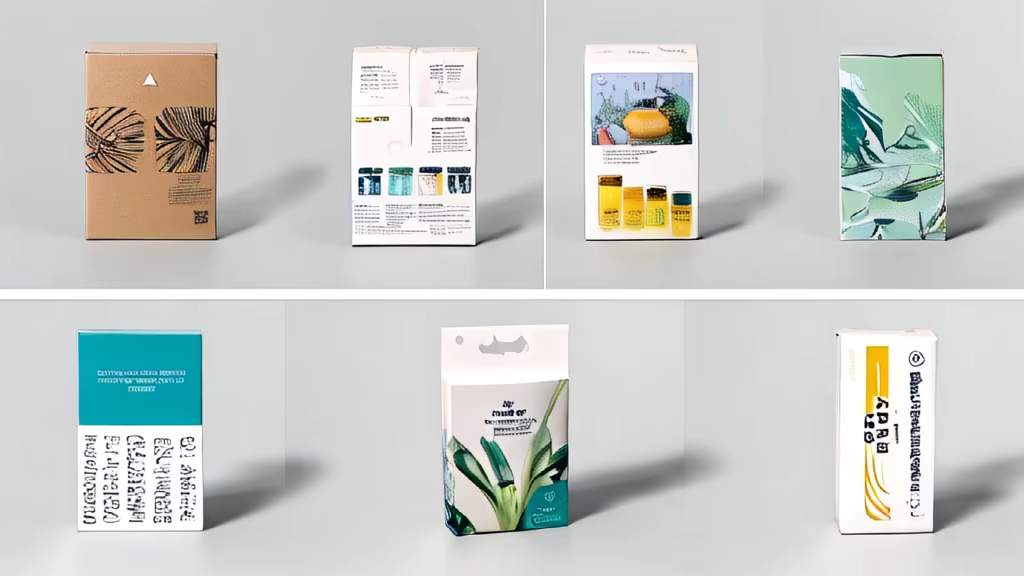
Prompt: The logo incorporates a simplified representation of a brain, giving it a clean and minimalistic look. Surrounding the brain, futuristic lines and shapes form a protective shield, symbolizing the AI support provided by the app. To infuse entertainment, small icons representing various forms of entertainment, such as a camera, headphones, or a popcorn bucket, can be placed around the brain.
Style: Line Art


Prompt: The growth experience of males can generally be divided into different stages, each accompanied by changes in physical, psychological, and social development. Here is a general description of the stages of male growth: Infancy (0-2 years): Early development, relying on parental care. Learning basic motor skills such as grasping, crawling, and standing. Early Childhood (3-6 years): Developing language and social skills. Beginning to understand basic social rules and values. Learning basic self-care skills. Childhood (7-12 years): Entering school, starting to acquire knowledge and social skills. Developing cognitive and logical thinking abilities. Forming friendships and social networks. Adolescence (13-19 years): Experiencing the peak of physical development, including voice changes and the growth of body hair. Exploring personal identity and values, forming independent awareness. Starting to establish intimate relationships, experiencing the challenges of first love and friendships. Young Adulthood (20-40 years): Entering the professional career, pursuing education, and career development. Establishing a family, taking responsibility for oneself and family. Developing personal maturity through the ups and downs of life. Middle Age (41-60 years): Facing new stages in career and family life, possibly experiencing the peak of one's career and family maturity. Starting to focus on health issues and redefining life goals. Reassessing personal values and the direction of life. Old Age (60 years and above): Entering retirement, enjoying the later years of life. Possibly facing challenges related to health and physical abilities. Reflecting on life, sharing experiences, and paying attention to the growth of future generations. This is a general categorization, and individual differences and cultural backgrounds can influence the experiences of each growth stage. Each stage is accompanied by learning, adaptation, and development, contributing to the construction of a complete life cycle.
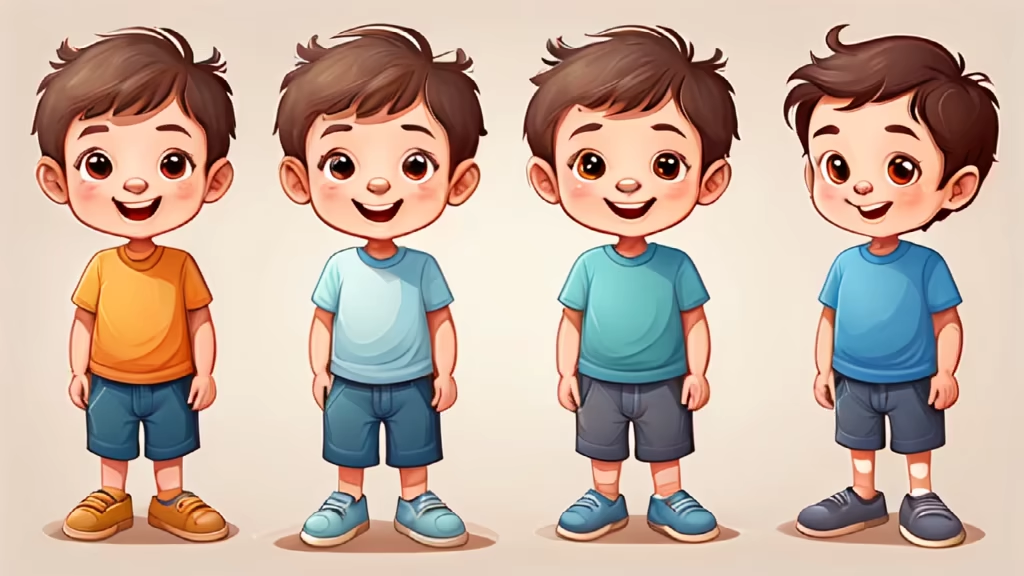
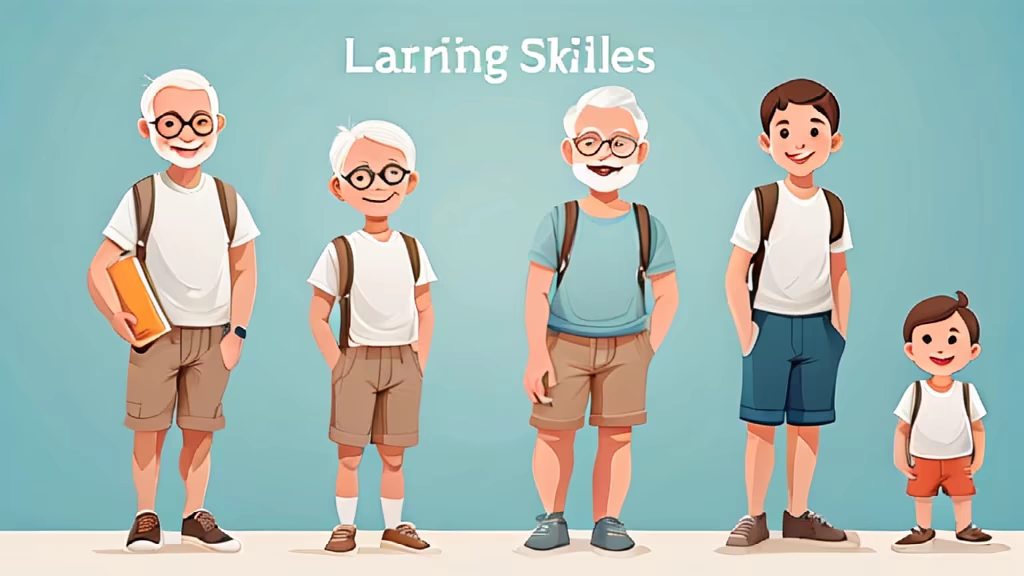


Prompt: Create an image that shows 9 people, each representing a different race, age, gender, and style. In each image, the face should belong to the same person but be presented in different cultural and visual contexts. Use different races to create a variety of looks, including skin color, eye shape, nose shape, and other unique features. Different ages should be represented through different facial features and facial expressions. Emphasize gender diversity including male, female . Different styles of hairstyles, haircuts and beards should be utilized to create unique looks. Note that it may not be clear at first that all the faces belong to the same person, but upon close examination this should become obvious, creating a striking visual experience
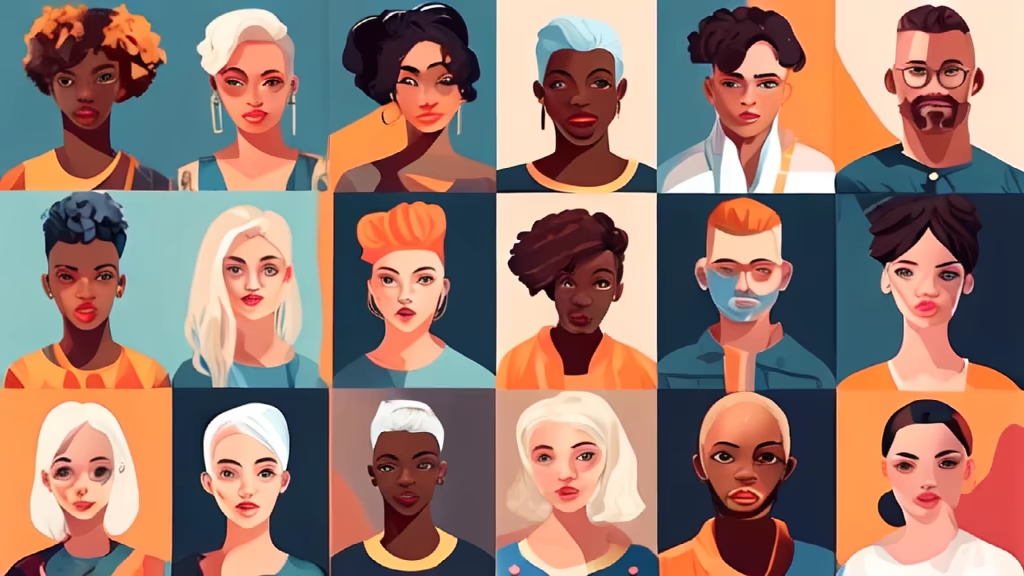
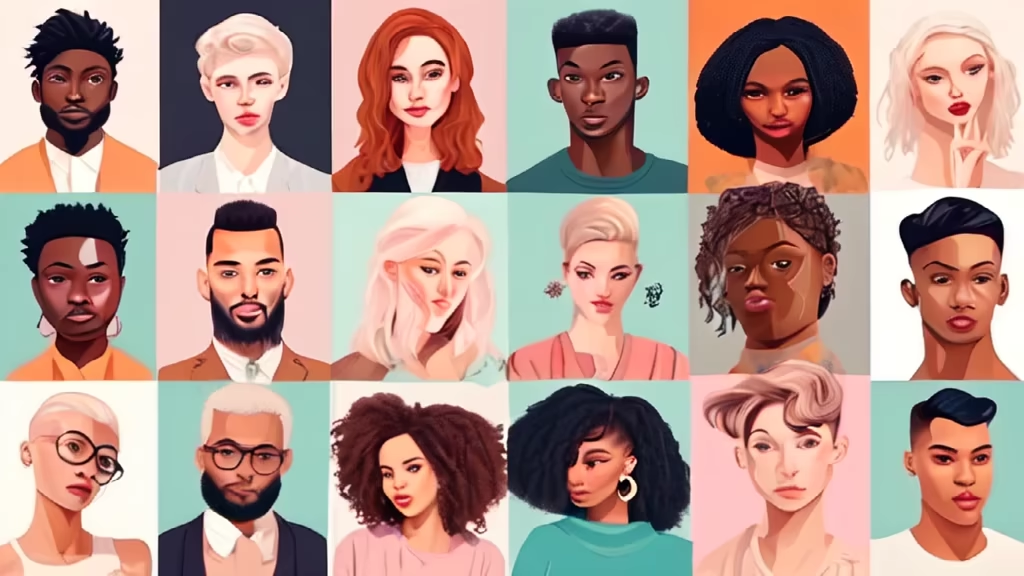
Prompt: a 2D pyramid chart with 6 levels, that each level of it is a rounded rectangle. I want it to be black and white and contain only borders of the shapes.
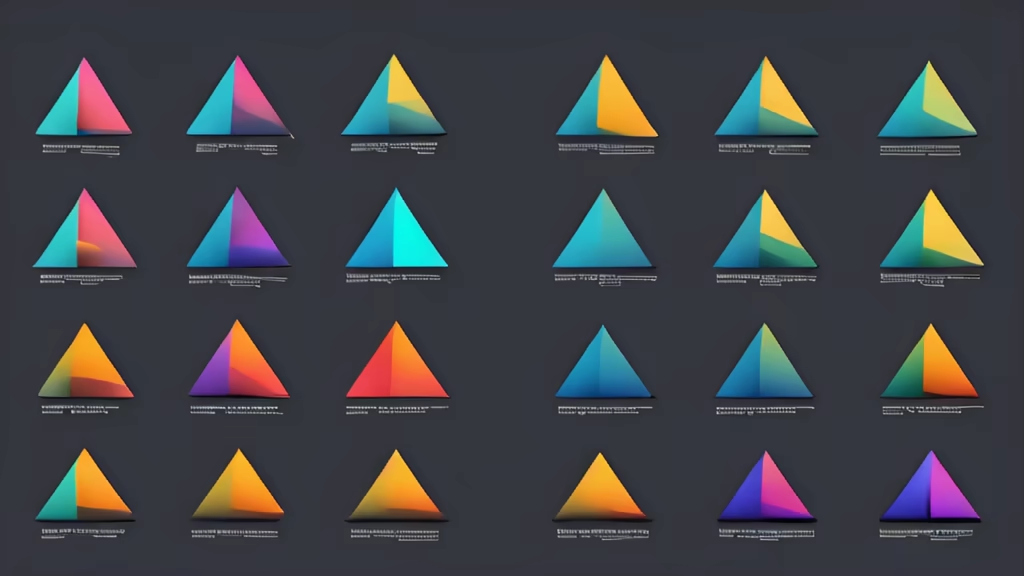
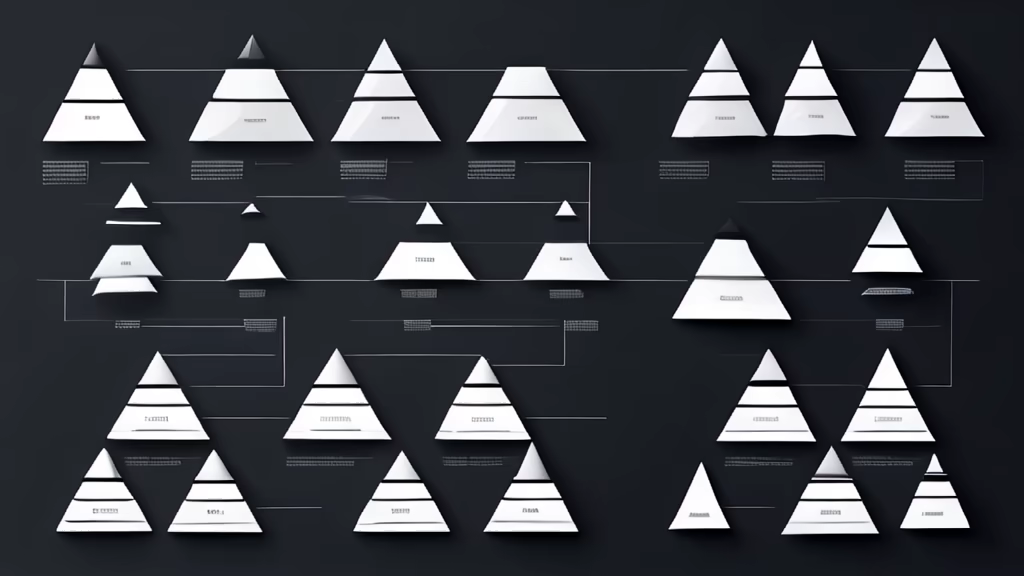
Prompt: Create an engaging and informative visual highlighting the benefits of chess for children. Feature a vibrant and playful design with illustrations of children engaging in chess, accompanied by icons or graphics representing cognitive skills (like a brain), emotional growth (like a heart), and social interaction (like two hands shaking). Use a bright and inviting color palette that complements the LearnChess Academy's colors (#E7B121 and #030829). Add an inspiring title like \"Chess: Shaping Young Minds for a Brighter Future.\"


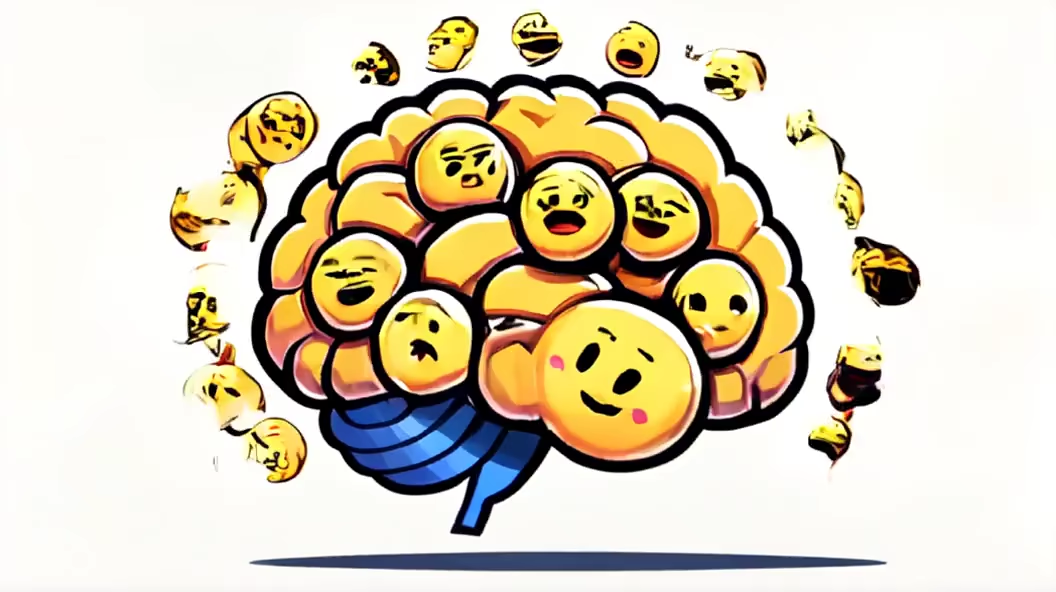
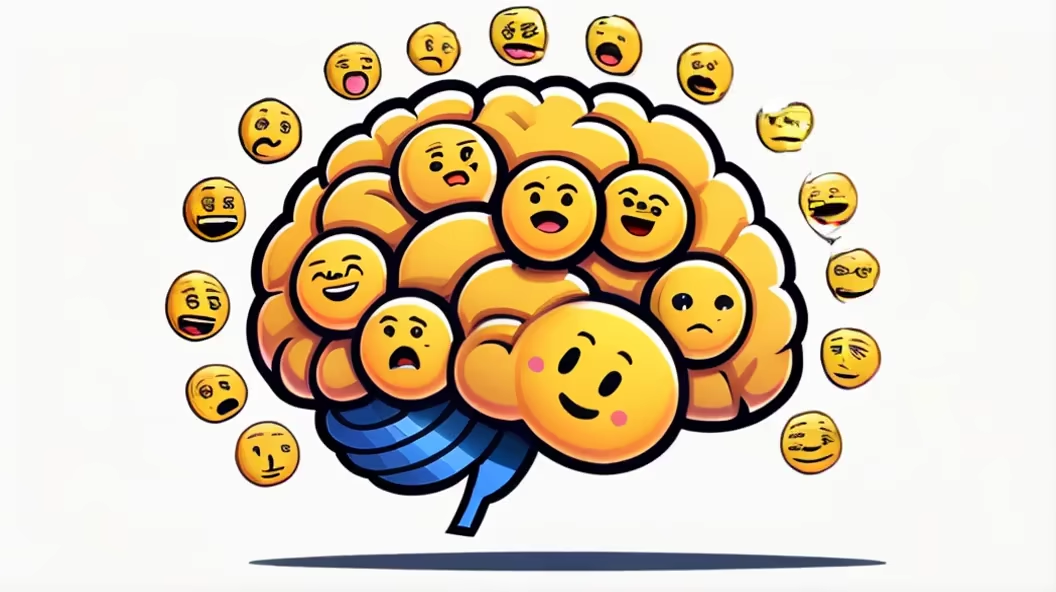
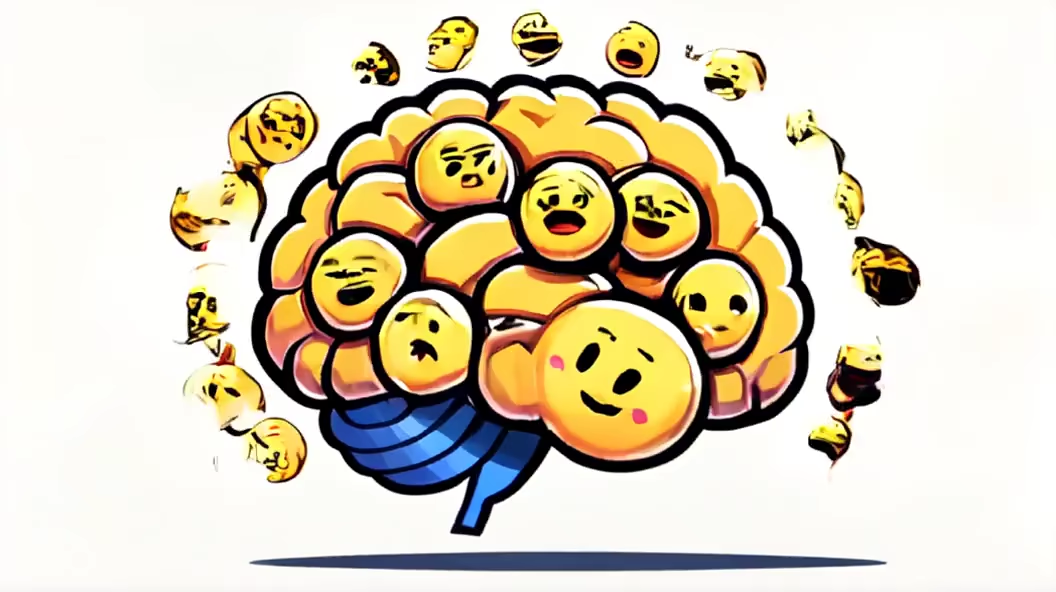
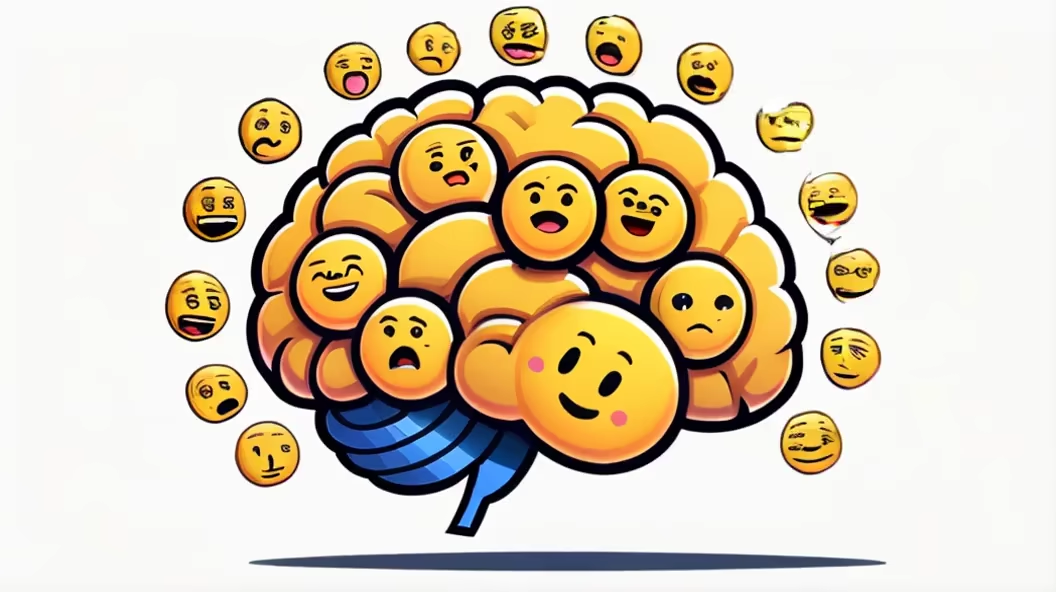
Prompt: une image avec un profil de tête humaine constitué de 6 pièces de puzzle colorées où 4 pièces à l'intérieur de la tête ne sont pas en place et 2 autres pièces à l'extérieur à l'arrière de la tête sont prêtes à être emboîtées
Style: Comic Book



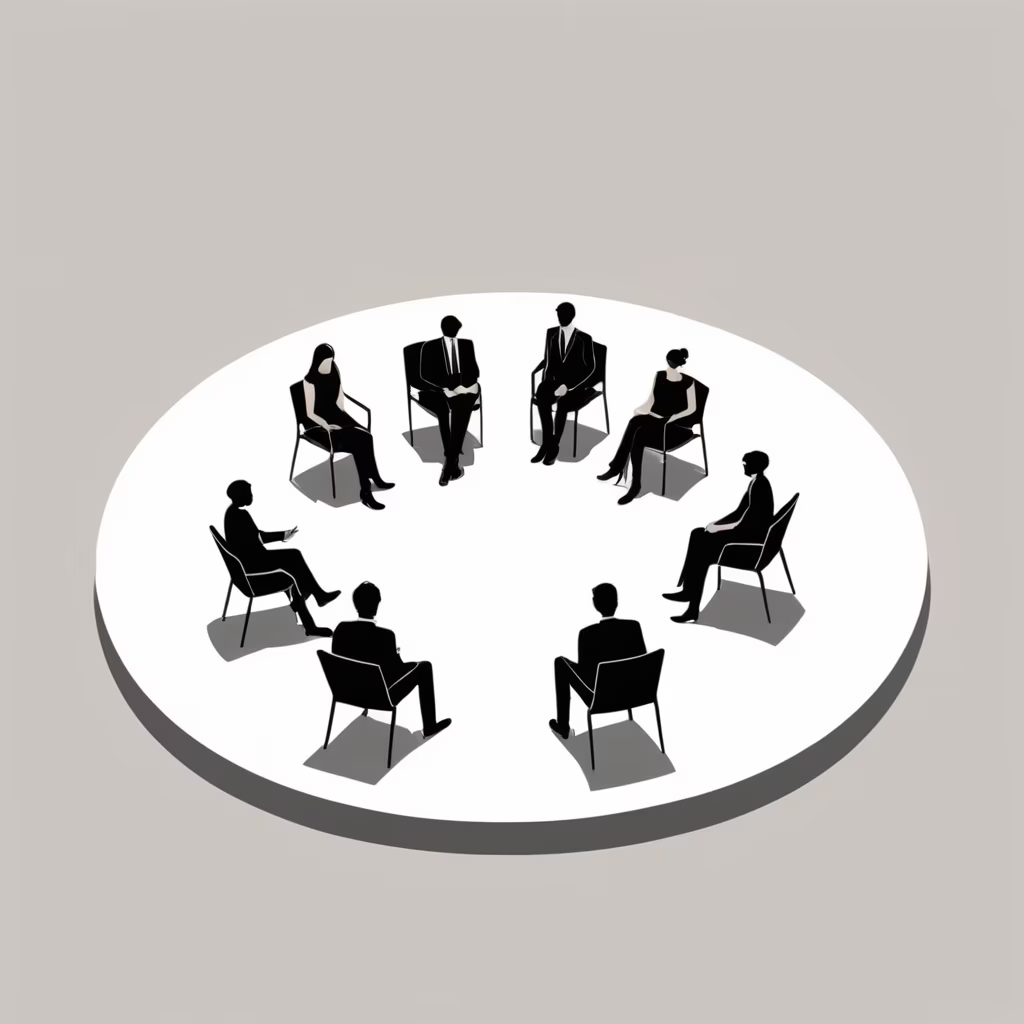


Prompt: A map of a human brain, where the blood vessels are roads, the brain regions are parks, and the neurons are houses and buildings. The map has the regular colors and characteristics of a map of a city or country, such as labels, symbols, and borders. The map is in a 9:16 aspect ratio. The map has a realistic style and theme, with detailed textures and fonts. The map is named 'Cerebrum City' and has some landmarks, such as the 'Frontal Lobe Plaza', the 'Hippocampus Lake', and the 'Corpus Callosum Bridge'.






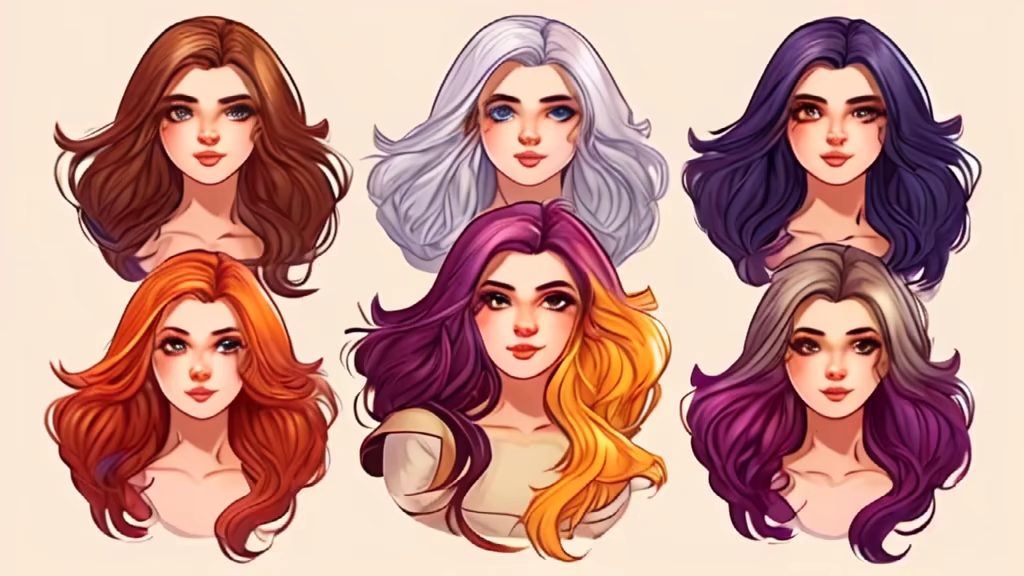
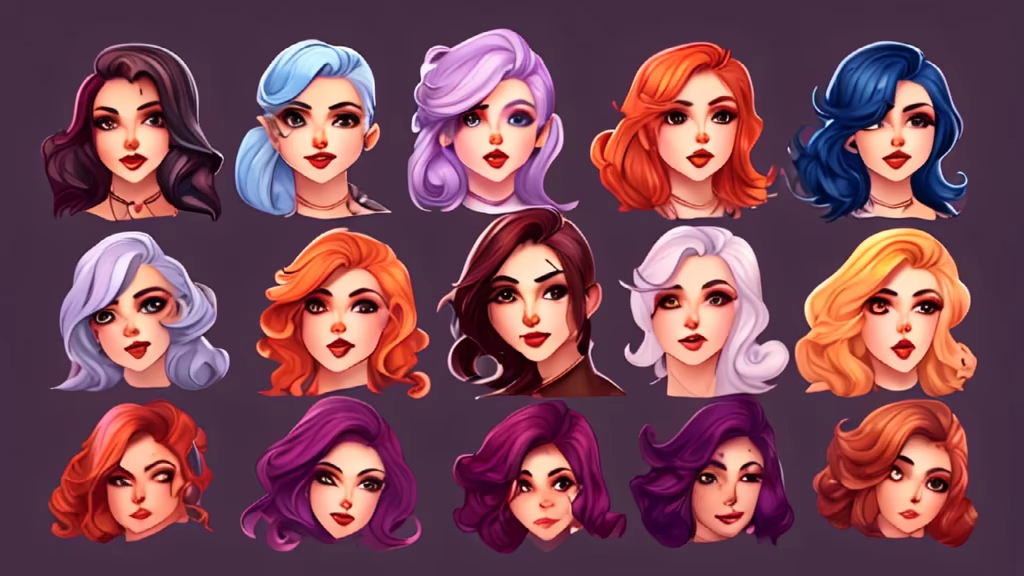


Prompt: a chart of halo icons that are spread out enough so that one could cut them out and trace around them


Prompt: An illustration of a group photo of an alligator, a cat, a dog, a fish, a hippo, a kangaroo, and an iguana.




Prompt: Image of a brain should be personified, portraying curiosity and doubt, and holding a question mark in a playful way. Make a whimsical, cartoonish brain with a skeptical expression, inspired by the artistic style of JIM DAVIS, emphasize humorous details in facial expression, and incorporate elements reminiscent of Uderzo's lively and dynamic style. Use bright, cheerful colors to enhance the cartoon vibe.
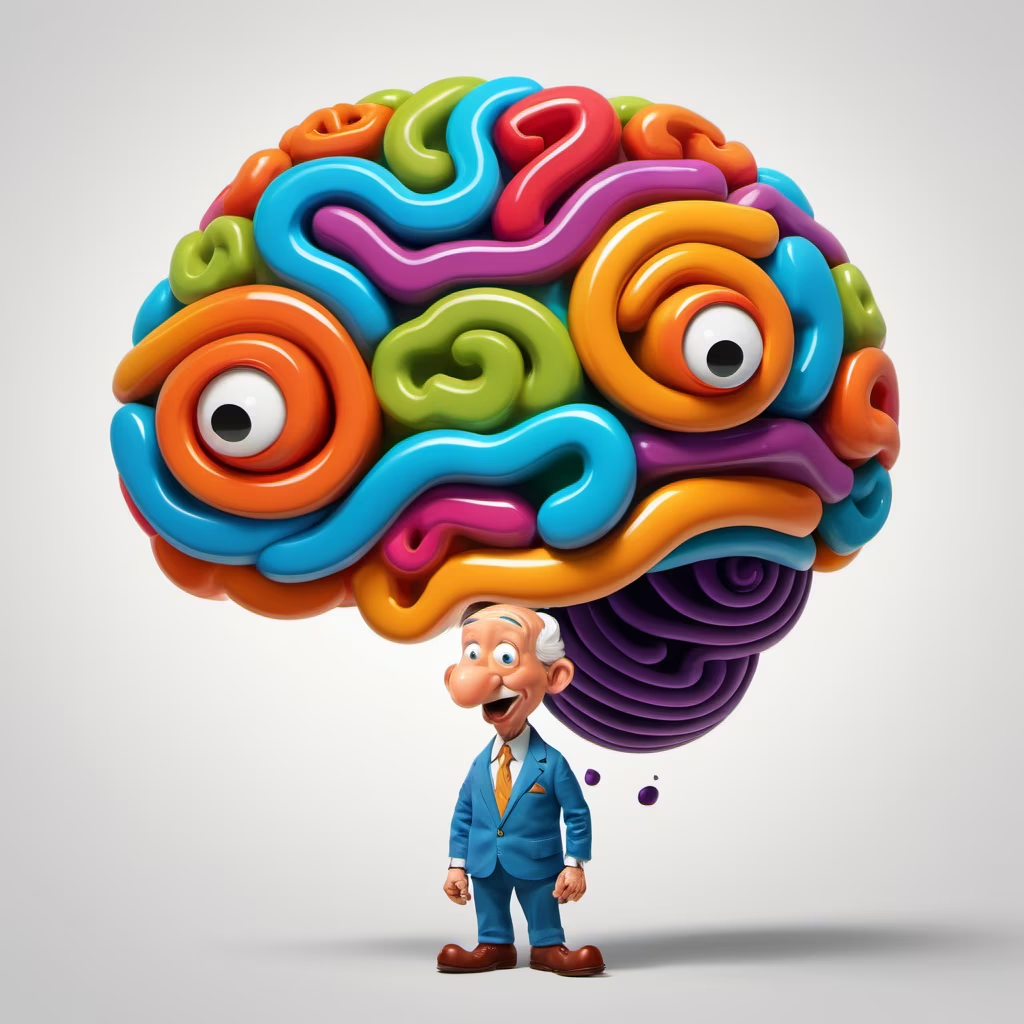



Prompt: Please generate a clear and concise flowchart that represents the stages of XiaoZongBao's children's educational journey. Stages: 1. Start Node (Circle): - Label: \"Initiate Audio-Visual Focus Training\" - Illustration: A child engaging with XiaoZongBao, playing cards or listening to audio prompts. 2. Stage 1 (Rectangle): - Description: Using XiaoZongBao's Audio-Visual Focus Training System for foundational skill development - Illustration: Depict an interactive scene where the child is using the system effectively. - Arrow Prompt: After successful completion, proceed to the next stage → 3. Decision Node (Diamond): - Description: Assess results and decide on service upgrade - Branches: a) Continuation arrow (loops back to Stage 1): \"Continue Basic Training\" b) Upgrade arrow (points to Stage 2): \"Upgrade to Home Education Consultant Service\" 4. Stage 2 (Rectangle): - Description: Personalized home education guidance to enhance self-directed learning and overall competence - Illustration: Show XiaoZongBao's consultant providing guidance while the child reads or engages in activities. - Arrow Prompt: Upon establishing annual consulting partnership, regularly update growth plan → 5. Stage 3 (Rectangle): - Description: Sign an annual family growth consulting contract to achieve long-term customized guidance - Illustration: Depict a parent signing a contract or making payment with XiaoZongBao's consultant. - Arrow Prompt: Adjust plans annually according to needs, consistently tracking progress → 6. End Node (Oval): - Description: Continuous optimization, accompanying comprehensive child development Style Guidelines: - Ensure clarity and simplicity throughout the flowchart. - Use consistent colors, font sizes, and shapes for visual harmony. - Incorporate keywords and icons to clarify each step. - The arrows should clearly indicate transitions between stages.
Style: Low Poly






Prompt: 9 different emoticons. The character is a chibi-style little girl with dragon horns atop her head. Each of the 9 images should show this character expressing a distinct emotion




Prompt: Generate an image showcasing different types of memory modules, including DDR3, DDR4, and DDR5, with labels highlighting their key features.


Prompt: Equipment and rpg armor, 6 different icons with individual body parts, game style icons, RPG, DND style, 16x9


Prompt: Design a logo representing a traditional family with one father, one mother, and four children, all viewed from behind. Ensure that the family composition is accurate with the specified members. One of the children should be holding a balloon, and the overall atmosphere should convey happiness and togetherness. The design should be clear and accurate, avoiding any depiction of multiple mothers or fathers. Use colors and shapes that reflect tradition, friendliness, and unity. Make sure the logo is memorable and can effectively represent the concept of a happy and united family.





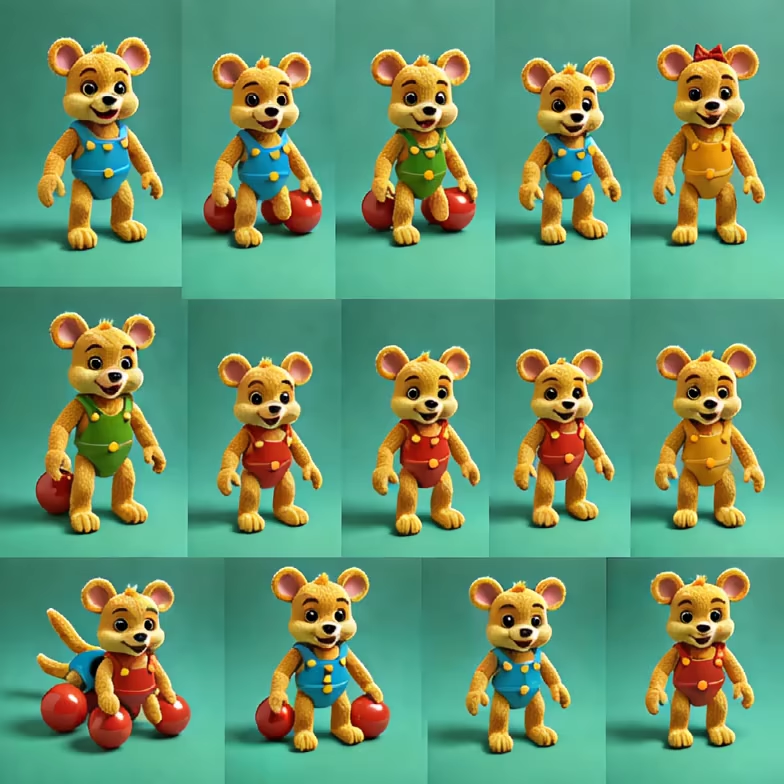
Prompt: Image6 #picturebook #comic #coherence #continuity Science infographic showing neural proteins entering small monkey brain
Style: Line Art


